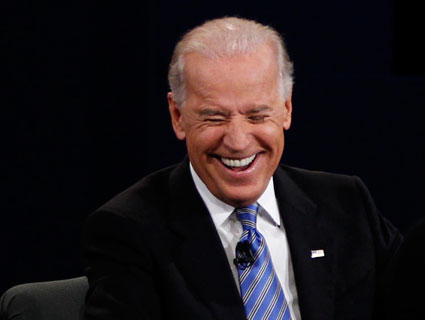On the eve of the second presidential debate of 2012, which will be held in a town hall type format, President Barack Obama’s campaign is telling reporters that their candidate is planning to “be more aggressive and show more passion this time around.” Mitt Romney’s advisers are saying he “intends to build on the progress he made in the first debate by conveying authenticity.”
Although it may be hard to imagine the president compounding the error of a debate performance that left Romney with a lead in many polls, the reports about the candidates’ debate preparation suggest Obama may have the wrong idea about what he faces on Tuesday. The town hall is technically a “debate,” but winning depends very little on actually debating one’s opponent. In the town hall format, victory often depends on looking like you’re relating to the audience. This is partly because of the media’s predilection for covering debates as if they’re stage plays. But it’s also built into the format itself.
Take, for example, this classic moment from 1992, in which then-President George H.W. Bush almost face-palms himself after challenger Bill Clinton takes a question about how the national debt personally affects the candidates and knocks it out of the park. Bush rambles about interest rates and gets defensive about being rich. Clinton starts off by asking the questioner how the debt has affected them, then starts talking about all the people he personally knows who’ve been laid off:
Now, in fairness, Clinton does give a substantive answer about government being in the grip of a “failed economic theory,” which happens to be the same one Mitt Romney is pushing. He also turns around the question around and explains the debt is not the only cause of the recession. But for people who don’t write or think about politics every day, it’s the delivery that makes the difference here.
Meanwhile, the past offers us an example of what it looks like when a candidate trying to make up for lost ground mistakes a town hall debate for pistols at dawn. In 2000, Al Gore, frustrated by media coverage of the previous two debates that prized superficial behavior by the candidates over substantive policy differences, walked up to Bush in a confrontational manner at the third town hall style debate and allowed Bush to make a fool out of him:
In sum, town hall debates aren’t so much arguments as acting competitions. The nature of the town hall format carries substantial risk for a rusty incumbent president and a candidate with something to prove. Obama is both. Romney, by practicing his Clinton impression, may be better prepared this time around, too.









